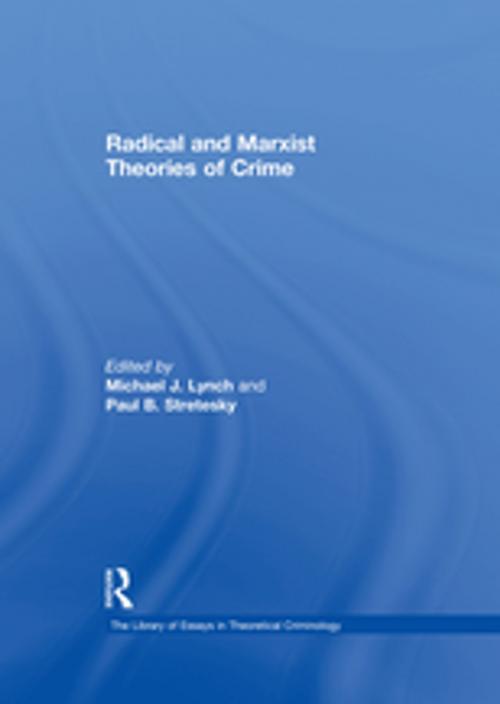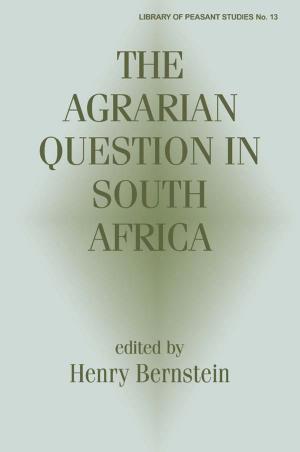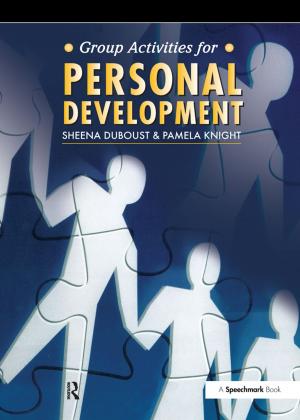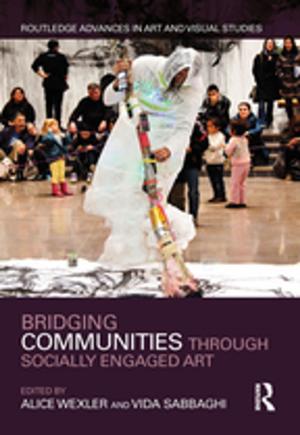Radical and Marxist Theories of Crime
Nonfiction, Social & Cultural Studies, Social Science, Crimes & Criminals, Criminology| Author: | Paul B. Stretesky | ISBN: | 9781351906975 |
| Publisher: | Taylor and Francis | Publication: | March 2, 2017 |
| Imprint: | Routledge | Language: | English |
| Author: | Paul B. Stretesky |
| ISBN: | 9781351906975 |
| Publisher: | Taylor and Francis |
| Publication: | March 2, 2017 |
| Imprint: | Routledge |
| Language: | English |
The essays selected for this volume show how radical and Marxist criminology has established itself as an influential critique since it emerged in the late 1960s. Unlike orthodox criminology which emphasizes individual level explanations of criminal behavior, radical and Marxist criminology emphasizes power inequality and structures, especially those related to class, as key factors in crime, law and justice. This collection of essays draws attention to the way in which structural forces shape and influence both individual and institutional (for example, governmental) behavior; highlights neglected crime (corporate, governmental, state-corporate and environmental) which causes more extensive damage than the street crimes examined by orthodox criminology; and discusses the ways in which law and criminal justice processes reinforce power structures and contribute to class control.
The essays selected for this volume show how radical and Marxist criminology has established itself as an influential critique since it emerged in the late 1960s. Unlike orthodox criminology which emphasizes individual level explanations of criminal behavior, radical and Marxist criminology emphasizes power inequality and structures, especially those related to class, as key factors in crime, law and justice. This collection of essays draws attention to the way in which structural forces shape and influence both individual and institutional (for example, governmental) behavior; highlights neglected crime (corporate, governmental, state-corporate and environmental) which causes more extensive damage than the street crimes examined by orthodox criminology; and discusses the ways in which law and criminal justice processes reinforce power structures and contribute to class control.















